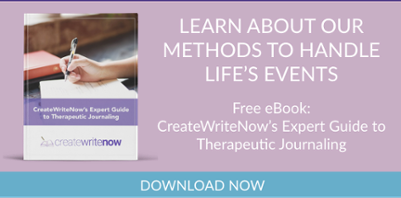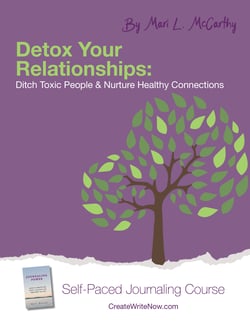We have all had times in our lives when the people we care about have disappointed, hurt or betrayed us. If you think back on some of these instances – whether they happened a week ago or a decade ago – you probably still feel some of the sting from the wounds.
It is easy to hold onto these past injuries and the anger, mistrust or bitterness they leave behind. It is much more difficult to forgive. But when you do make the choice to practice forgiveness, it not only shows generosity and mercy to the other person, it also has powerful emotional benefits for you as well.
The Power of Forgiveness
A growing body of research is finding that people who forgive are more likely to be happy and healthy, with:
Fewer episodes of depression
Higher self-esteem
More friends
Longer marriages
Lower blood pressure
Closer relationships
Fewer stress-related health issues
Better immune system function
Lower rates of heart disease
Far from making you feel better, holding a grudge can actually hurt you even more in the long term. But how can you work toward forgiveness when you don’t feel ready? Writing therapy Journaling helps you process what happened and put your emotions into words. It allows you to find your own path toward letting go of past wrongs and moving forward.
Writing Therapy for Forgiveness
Here are a few short writing therapy exercises to get you started:
- Free-write about the conflict that is bothering you. Who is the other person? What happened between you? What emotions are you experiencing?
- Imagine what it would feel like if the anger and hurt you feel toward this other person were to disappear suddenly. How would you feel? How would you act? How would it change you?
- Write about what has prevented you from forgiving the other person already. Is there something you want from him or her – a confession, an apology, an act of amends? How can you forgive even if you don’t receive what you are looking for? What do you have control over? What positive changes will you experience if you are able to move on?
- Describe the type of person you want to be in your relationships. Do you want to be generous, kind and forgiving? Do you want to hold onto grudges? How can you be the strongest version of yourself when it’s most difficult?
Do you find yourself dwelling on missed opportunities? Or perhaps you're having trouble making sense of it all? Please download our free ebook, CreateWriteNow's Expert Guide to Therapeutic Journaling, shows you journaling can provide the tools you need to achieve the happiness we all deserve.
Relationships play a tremendous role in your life. Identify what you need from, what you value in, and what you want to change in your relationships with our self-paced journaling course, Detox Your Relationships: Ditch Toxic People and Nurture Healthy Connections.




Leave Comment